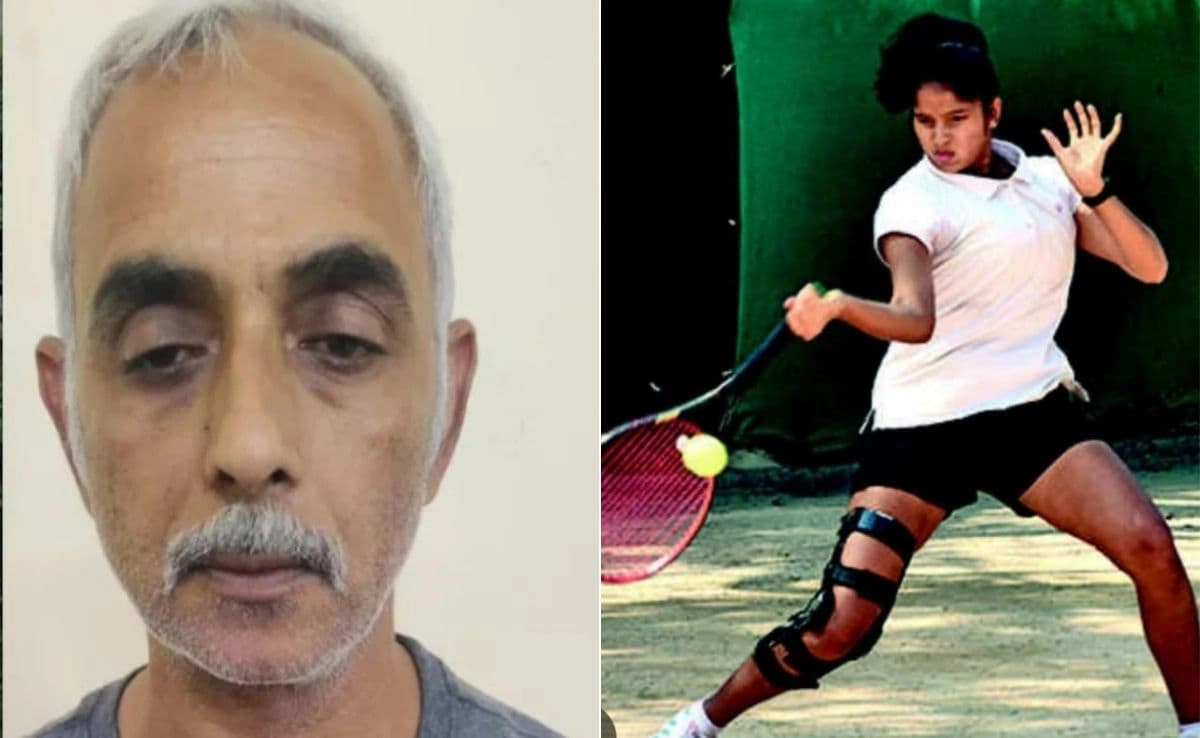In a small village nestled in the outskirts of India, a chilling conversation unfolded between Radhika Yadav’s father and his brother. With an air of despair and resignation, he uttered the haunting words, “I should be hanged.” This statement, laden with emotion, encapsulated the turmoil that had engulfed his family following a tragic event that had shaken their community to its core. Radhika, a bright and promising young woman, had been the victim of a heinous crime, and the aftermath left her family grappling with grief and anger. The father’s proclamation was not merely a reflection of his own sorrow; it was also a manifestation of the societal pressures and expectations that weighed heavily on him.
The village, once a close-knit community, was now rife with whispers and judgment. Radhika’s father felt the burden of blame bearing down on him, as if the tragedy that befell his daughter was somehow a reflection of his own failures. The weight of societal norms regarding honor and shame loomed large, and he grappled with feelings of guilt and helplessness. In his mind, the notion of being hanged was more than a literal punishment; it represented the ultimate penance for what he perceived as his inability to protect his child. This internal conflict tore at him, questioning his role as a father and the responsibilities he had failed to fulfill.
As the days went by, the father’s mental state began to deteriorate under the strain of grief and societal scrutiny. He found himself isolated, unable to communicate the depth of his anguish to those around him. The brother, witnessing the torment his sibling endured, felt a mix of sympathy and helplessness. He wanted to comfort him, to remind him that the tragedy was not a reflection of his worth as a father, but the words spoken in that moment loomed large—”I should be hanged.” They echoed in the quiet corners of their conversations, creating a rift that seemed insurmountable.
This heart-wrenching narrative serves as a reminder of the profound impact that societal expectations can have on individuals and families in the wake of tragedy. The father’s lament reflects a broader commentary on how communities often respond to acts of violence, placing undue blame on the victims’ families rather than the perpetrators. In the end, this story is not just about one family’s grief, but about the collective struggle against a backdrop of societal norms that can exacerbate personal tragedies, leaving families to navigate their pain in silence and isolation.




